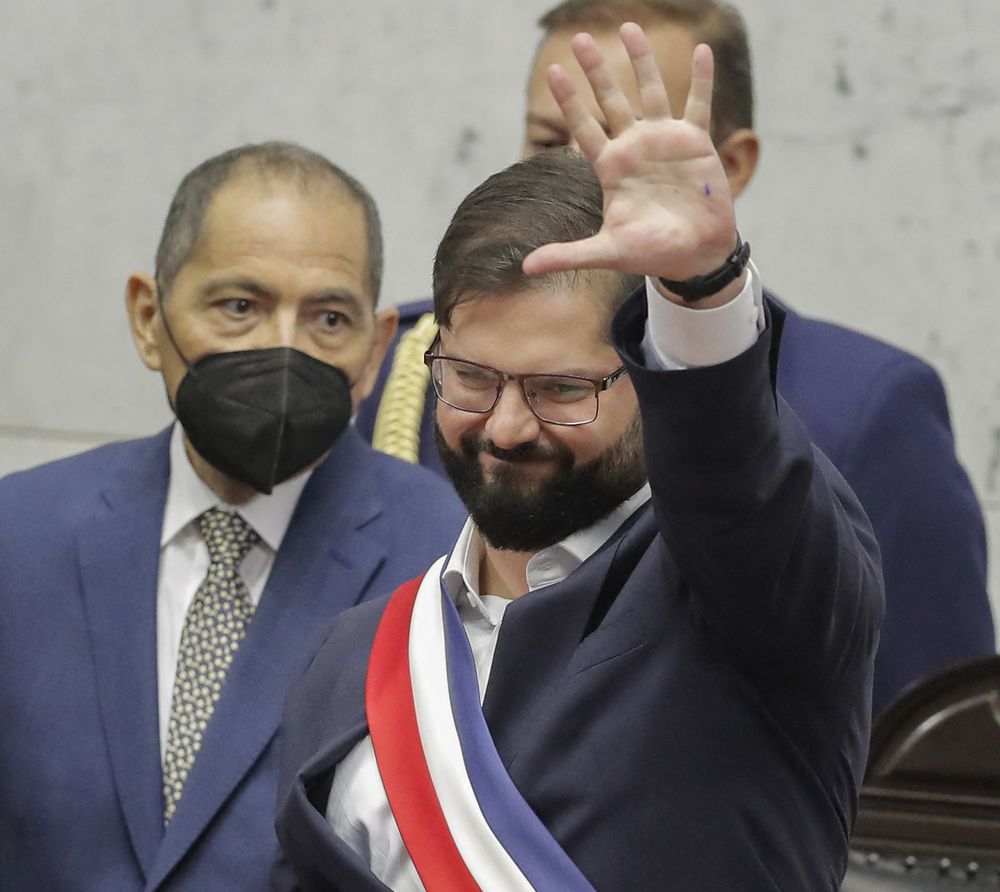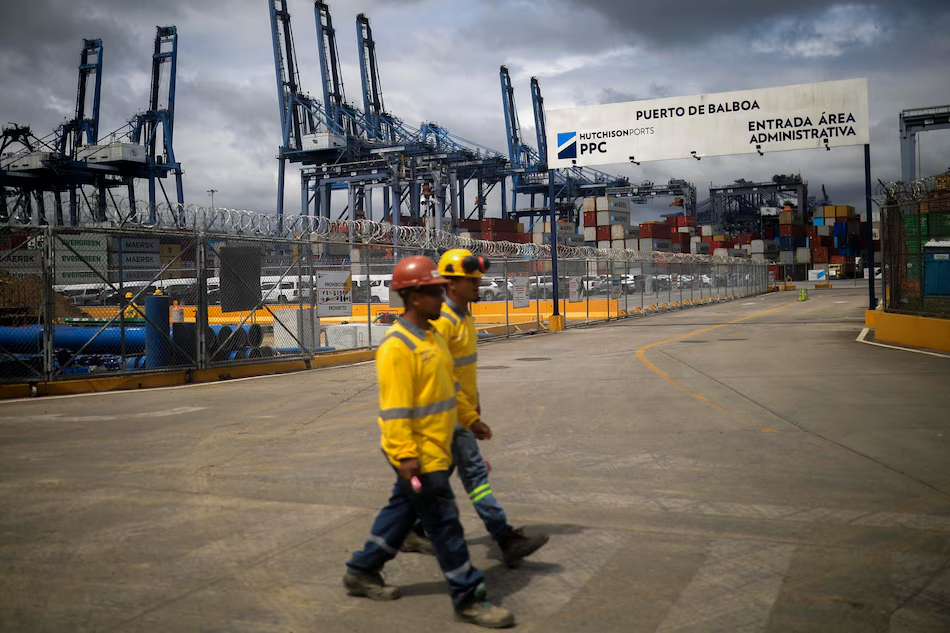Chile swears in youngest ever president

The leftist Gabriel Boric 36, was sworn in on Friday as the youngest president ever of Chile in a ceremony with a majority of women among the new power, which announces a change of direction in a country shaken after an unprecedented crisis in its social model.
Surrounded by women who will lead the new government, Boric, became the country’s youngest president, in one of the most challenging moments since Augusto Pinochet’s 17-year dictatorship ended in 1990.
The former student leader was moved, holding back tears, upon receiving the presidential sash alongside Piñera, a 72-year-old millionaire businessman, ending his second term as part of a political cycle that brought progress thanks to a neoliberal model that also left a large gap in social inequality that tired a large part of society and detonated in massive protests in October 2019.
After the ceremony, the ministers were sworn in before President Boric, starting with Izkia Siches, a 35-year-old doctor, who will be the first female Minister of the Interior.
Like most of the officials in the political circle closest to Boric, Siches is also part of the generation of students who, like the president, led the protests that in 2011 demanded better access to free and quality education and exposed the social gaps that it left.
Among the multiple signs of the investiture day, Boric received the social organizations at an official breakfast at the presidential summer house in Cerro Castillo, on the Pacific.
Milestones
To the inauguration, he invited, between national and international authorities, the young university student Gustavo Gatica, who was shot by rubber bullets in both of his eyes during a day of protest on November 8, 2019, in the midst of clashes between Carabineros ( Uniformed Police) and demonstrators in downtown Santiago.
Boric intends to start a path towards a welfare state in the style of European social democracy, to keep his word to turn Chile, where 1% of the population owns 26% of the wealth, into “the grave” of neoliberalism.
“This is a government that comes to power in a very fragmented political climate, that does not have a parliamentary majority and, therefore, does not have the possibility of making very radical reforms in term,” Claudia Heiss, head of Political Science at the University of Chile. However, “there is also this optimism that comes from the constituent process and an impulse to overcome neoliberalism that I think is seen today with less fear by even conservative sectors because there is a kindiof anti-neoliberal sentiment in the world,” she added.
The leftist takes office with a cut in public spending of 22.5%, an estimated slowdown in the economy for this year, a large irregular migration and an unresolved historical land conflict.
Among the guests at the Congress were President Alberto Fernández of Argentina, Pedro Castillo of Peru, King Felipe VI of Spain, as well as the writers Gioconda Belli, from Nicaragua; and the Chilean ‘best seller’ Isabel Allende, who was part of the delegation from the United States.
The new government will have to respond to social demands for better health, education, and retirement, and reduce social inequality, demands that emerged in the social outbreak of October 2019 that shook a country considered one of the most stable in the region.





